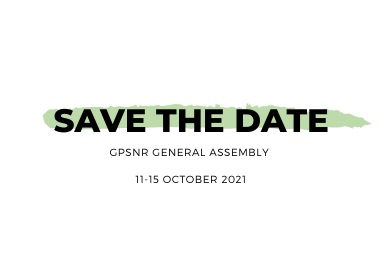
Embracing our Shared Responsibility: GPSNR’s newest Working Group (Members Version)
Before the second General Assembly on 23 September 2020, the GPSNR Executive Committee had approved the creation of a Shared Responsibility Working Group that would be tasked to define the principles of shared responsibility for GPSNR.
The term ‘shared responsibility’ is relatively new to the sustainability scene, and as such, there is currently no commonly accepted definition for it. In general, shared responsibility is a value-driven concept which recognizes that supply chains are structurally imbalanced in terms of value and benefit, risk, burden of compliance, climate change impacts, power of negotiation, and access to information and resources. A shared responsibility approach strives for value, benefits, risks and improvement investments to be equitably distributed across all actors within the supply chain.
In order to establish the foundational work that would enable the creation of the Shared Responsibility Working Group, the Executive Committee formed a Task Force comprising several of its members. Over a series of weekly calls, the Task Force has developed a Terms of Reference (ToR) and a set of Guiding Principles to inform the work of the new Shared Responsibility Working Group.
It is envisioned that the Shared Responsibility Working Group will draw from the Guiding Principles for Shared Responsibility (currently being developed by the Executive Committee’s Shared Responsibility Task Force), as well as the GPSNR Equity Definition and the studies launched by the Equity Working Group, to develop an implementation framework for the platform with respect to shared responsibility.
GPSNR is now looking for members interested in joining the Shared Responsibility Working Group, to register with the Secretariat. If you are interested to join the SR WG, please email Aidan (aidan@gpsnr.org) to indicate your interest. The deadline for expressing interest is Wednesday 24th February, after which the WG will nominate co-chairs and kickoff as soon as possible.
The Shared Responsibility Working Group Terms of Reference can be found here.





